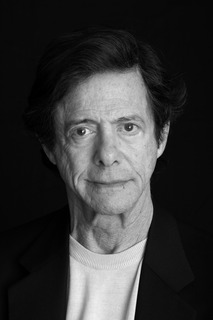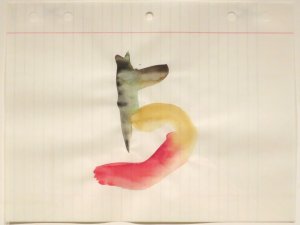A Quote by Friedrich Nietzsche
Art is not merely an imitation of the reality of nature, but in truth a metaphysical supplement to the reality of nature, placed alongside thereof for its conquest.
Related Quotes
Until now, physical theories have been regarded as merely models with approximately describe the reality of nature. As the models improve, so the fit between theory and reality gets closer. Some physicists are now claiming that supergravity is the reality, that the model and the real world are in mathematically perfect accord.
Ayn Rand held that art is a 're-creation of reality according to an artist's metaphysical value-judgements.' By its nature, therefore, a novel (like a statue or a symphony) does not require or tolerate an explanatory preface; it is a self-contained universe, aloof from commentary, beckoning the reader to enter, perceive, respond.
The secret of Greek Art is its imitation of nature even to the minutest details; whereas the secret of Indian Art is to represent the ideal. The energy of the Greek painter is spent in perhaps painting a piece of flesh, and he is so successful that a dog is deluded into taking it to be a real bit of meat and so goes to bite it. Now, what glory is there in merely imitating nature? Why not place an actual bit of flesh before the dog?
Reality became for me a problem after my experience with LSD. Before, I had believed there was only one reality, the reality of everyday life. Just one true reality and the rest was imagination and was not real. But under the influence of LSD, I entered into realities which were as real and even more real than the one of everyday. And I thought about the nature of reality and I got some deeper insights.









































